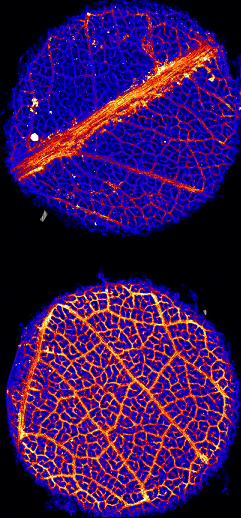Students prepare space plants
 High school students are growing plant experiments for the International Space Station.
High school students are growing plant experiments for the International Space Station.
High school students from across Victoria are setting up plant experiments for the International Space Station, to test the possibilities of growing food without gravity.
After winning the Swinburne Space Youth Innovation Challenge earlier this year, the team with the best experiment will now test the experiments destined for space on Earth.
Astrophysicist Dr Sara Webb, who leads the Swinburne Space Youth Innovation Challenge, helped the students set up the plant experiments in the Toorak College lab.
“We were blown away by the ideas presented by each team, all choosing to tackle a slightly different area of Health in Space. This is only the second year of the Swinburne Youth Space Innovation Challenge, and we were incredibly excited to share this unique experience with students Australia-wide,” says Dr Webb.
It is extraordinarily difficult to grow plants in space, not just because of the challenges relating to oxygen and light, but because without the gravity on Earth, plants do not know which way is up and which way to grow.
This is called ‘plant gravitropism’.
The winning Toorak College team – Amica, Kiara, Charlotte M, Chantilly, Chelsea and Charlotte OB – put forth the idea that changing the shapes of soil and even the genetic code of plants could lead to more growth and food production in space.
Their experiments to be sent in 2023 will use a range of seeds and plants (like clovers and bean sprouts) in different growing environments.







 Print
Print